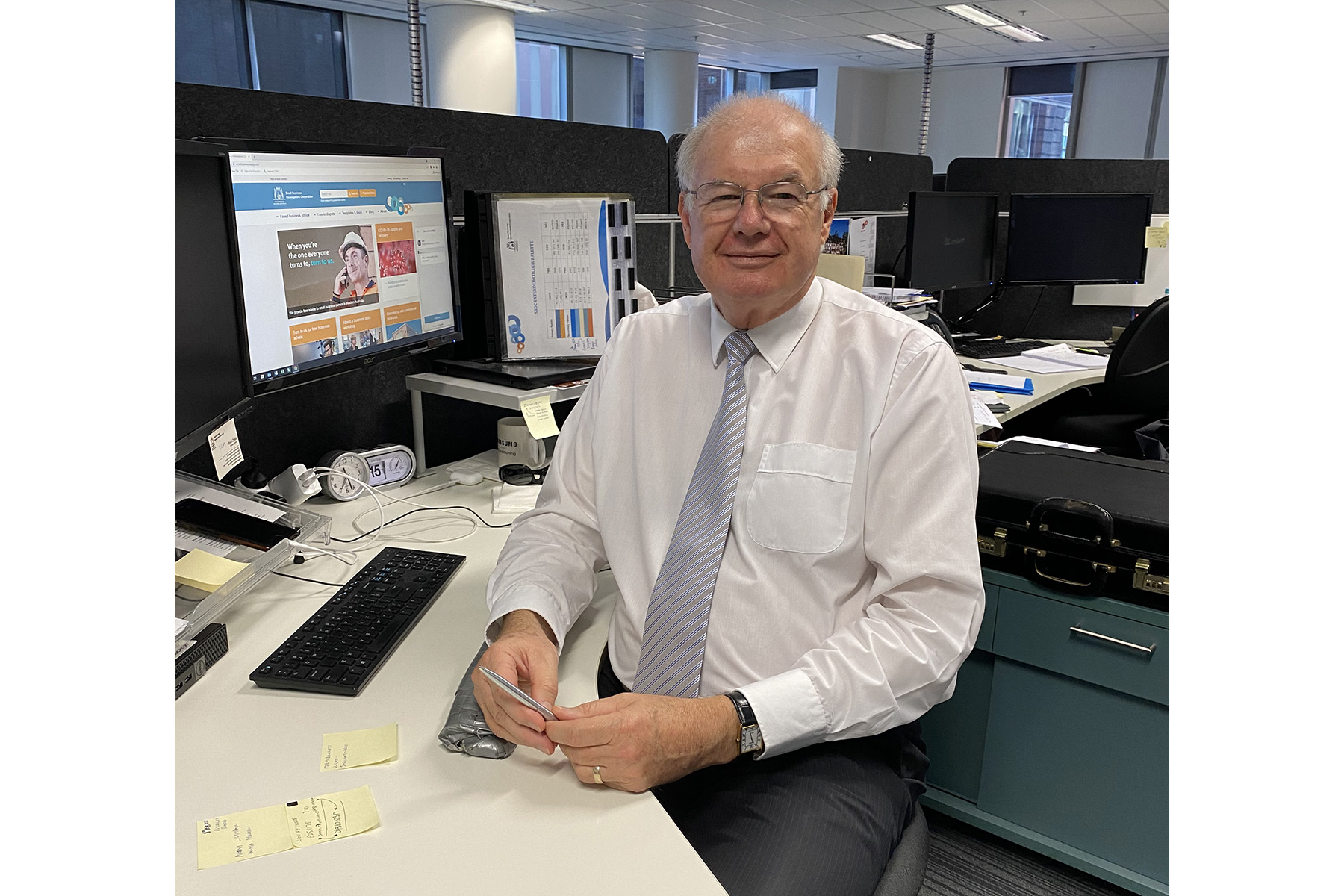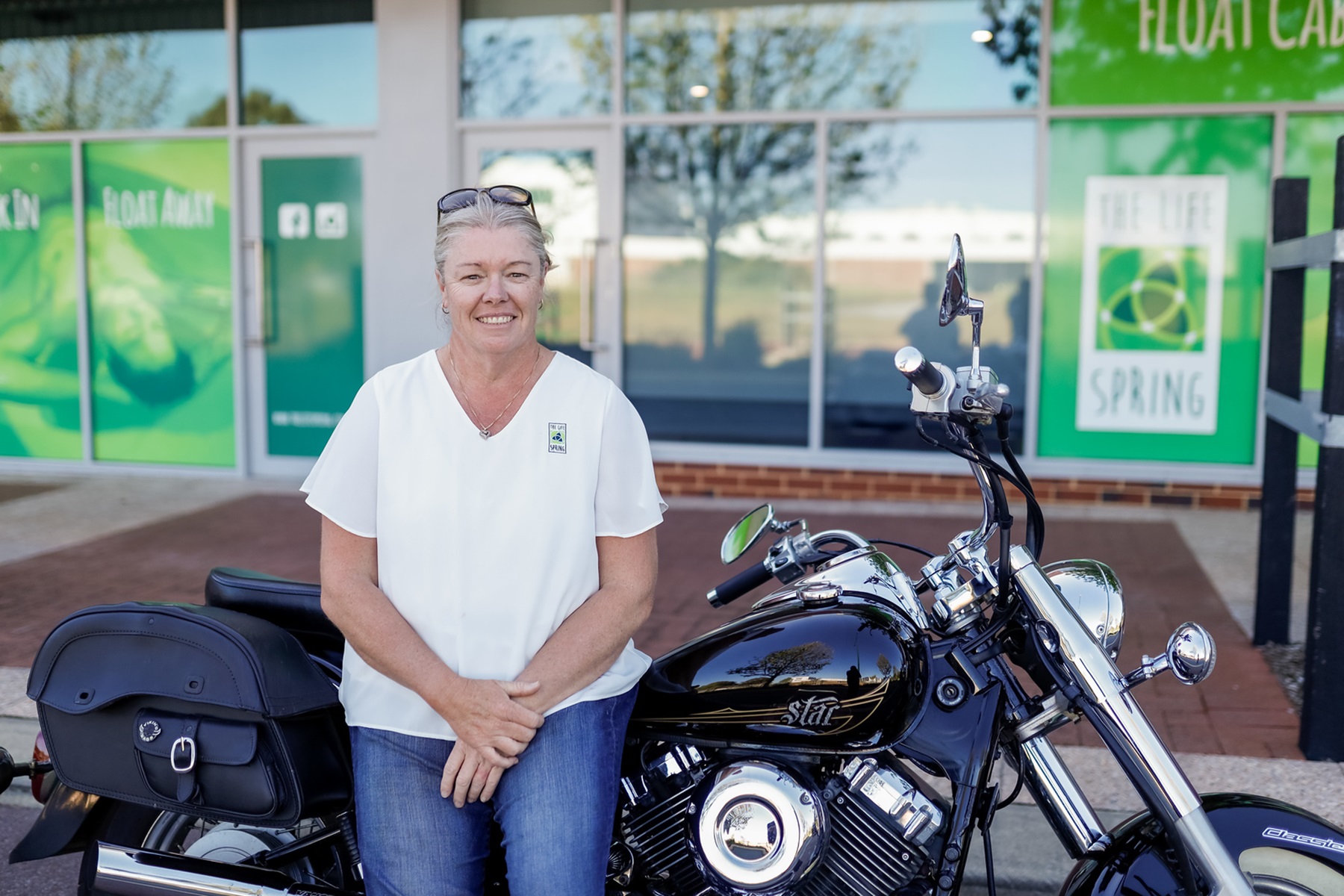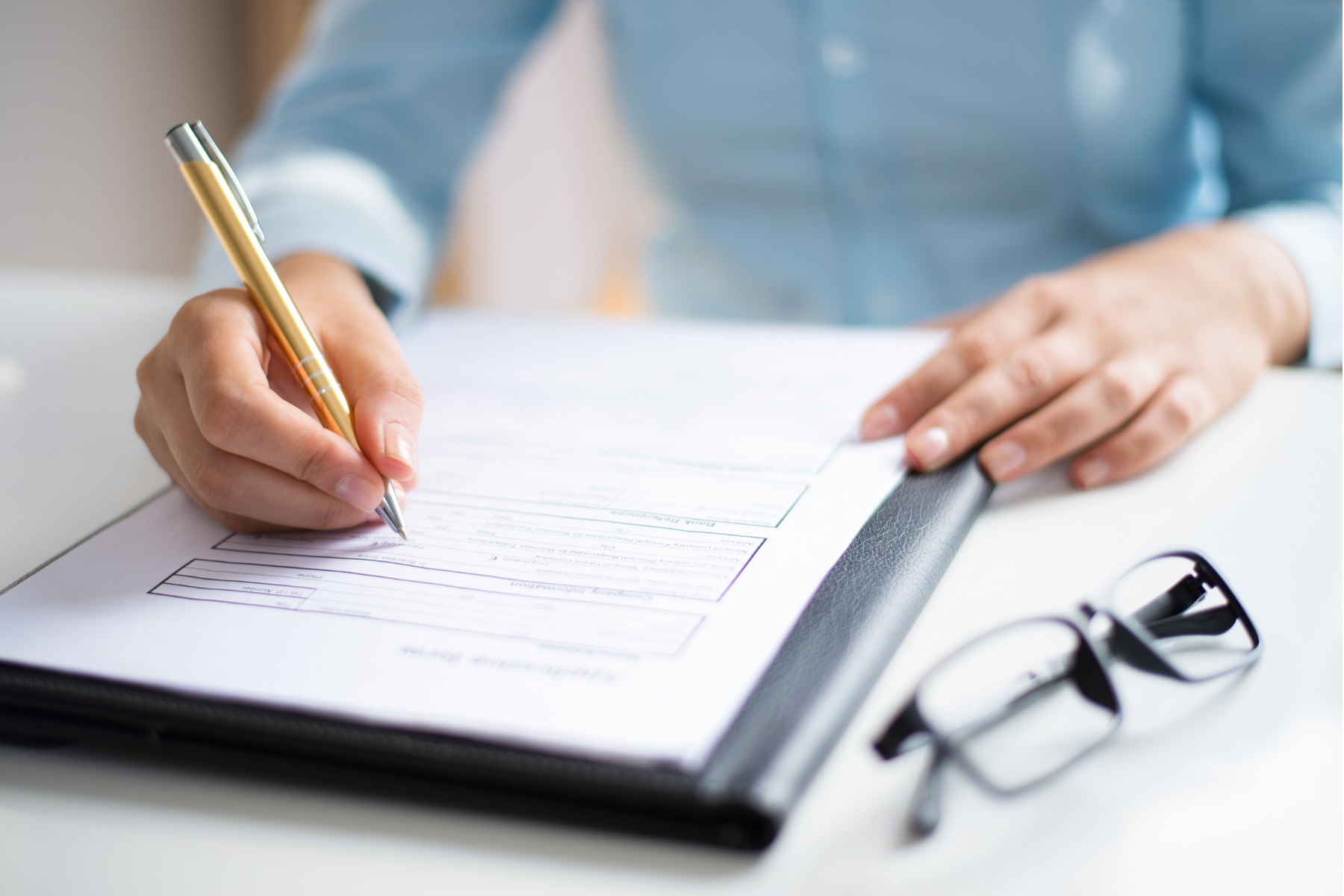
As tax time draws nearer, you might be wondering what you can claim or ‘write off’ as a tax deduction this year. It’s important to know exactly what you can – and can’t – claim to avoid running into issues later.
Our business adviser, Brian Childs, shares some of his top tips for small business owners around claiming tax deductions.
Beware of common tax claim mistakes
According to Brian, some tax claim errors can be avoided by learning more about what counts as a deductible expense.
“Many business owners believe that once a business name is registered, they can claim all sorts of expenses as a fully tax-deductible expense against the tax assessable income of the business or through their personal tax return,” says Brian.
“This is not the case!”
Here are four common types of claims Brian has seen small business owners incorrectly consider as tax-deductible expenses:
The full purchase price of a capital item
Brain says that claiming the full price of a capital item in its year of purchase is a common mistake made by new business owners.
A capital item has enduring value (such as plant/equipment or a car) and will be used in the business to generate revenue.
The purchase price is deductible over the item’s economic life. As the value progressively reduces during the period of ownership, this is called depreciation.
The depreciation rate during each year of ownership becomes a cost that is deductible against assessable income for each year – not the original, full purchase price in the year of purchase.
Loan repayments
If you borrow money for income-generating purposes for your business, your repayments may be a combination of principal (part of the original sum borrowed) and interest.
The interest payments are a deductible expense for the business against assessable income, but are only fully deductible if that amount was borrowed solely for income-generating purposes for the business.
The principal is not deductible for the business.
Personal benefit
If you have an expense where you receive a personal benefit, such as a car which is for both business and personal use, the personal proportion of the expense is not deductible against business assessable income.
Your accountant can advise on how this applies to your circumstances. You’ll need to keep clear and up-to-date records to evidence the business use of the item.
Costs not associated with earning business revenue
If you buy personal tools and incur other personal expenses such as for a hobby, children’s school expenses or restoring an old car., these claims are private in nature and cannot be claimed as business expenses, unless they are for the purpose of generating business revenue.

Understand which claims you CAN make
Every business is different, and each industry has its own list of items which can be fully deductible. To run your business in the most tax-efficient way, Brian recommends you speak with your accountant or qualified tax professional.
“The guiding principle is that every expense incurred in earning an income is a tax-deductible expense. This is very simple in theory but has been questioned and queried over decades in Australia and abroad.”
To ensure best practice for claiming tax deductions, Brian has three golden rules:
- Request and retain receipts for every expense incurred before, during and after start-up until you cease operating.
- Write on the receipt what the expense was for if the receipt is not detailed enough (or use an app connected to your accounting system). It also helps to input this information into your accounting software with a description of the expense.
- Collate receipts (into business, private and ‘not sure’ categories), organise (in date order by each month) and prepare a spreadsheet summary for your accountant.
“If you follow these basic guidelines and maintain your daily records,-keeping discipline with about five to ten minutes of your time, your accountant will extract every legitimate expense you can claim and maximise the return on your daily effort,” concludes Brian.
The importance of professional tax advice
Brian recommends investing the time to find an accountant who is a personal fit for you and communicates with you at a level you are comfortable with.
“By paying an accountant, you can then play to your strengths and focus on your skills in delivering client benefits through your business, without getting distracted from your core focus.”
“Once you have found the right accountant for you, share your personal and business goals them. If your goals are to minimise tax and plan taxes from day one, your accountant will love you for this!”
“Build a continuing list of questions for your accountant and allow them to guide you from day one on all your taxation matters. Buy any Australian book on business and taxation to keep learning more about the most effective ways to run your business.”
More information
For more direction on tax planning, read about:
- Our quick guide to tax deductions
- Claiming tax deductions for client gifts
- Learn what to do if the ATO notifies you of a tax debt
If you’re working on getting your finances in order, you can use our range of financial tools for your business, including templates and calculators.
To discuss an issue facing your business, you might like to book an appointment with our free business advisory service.




